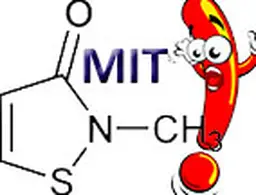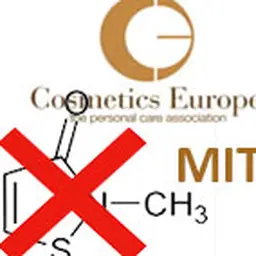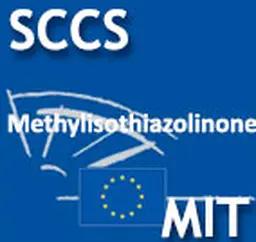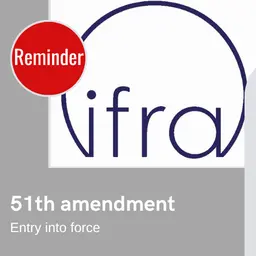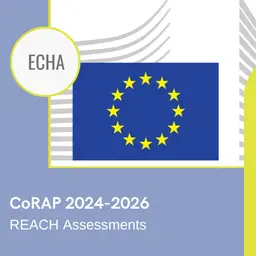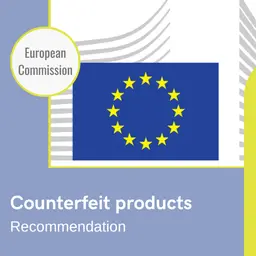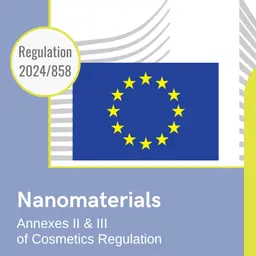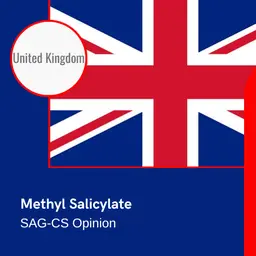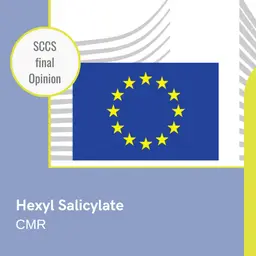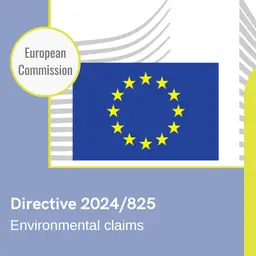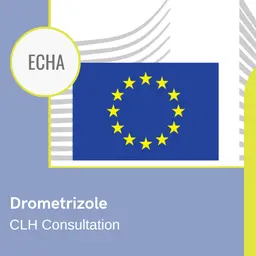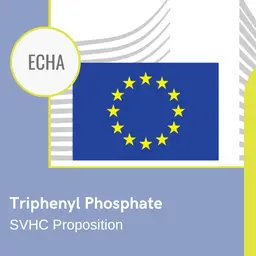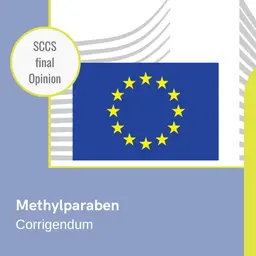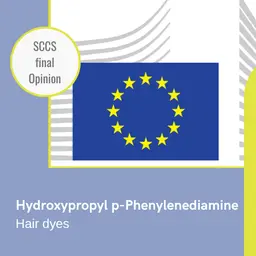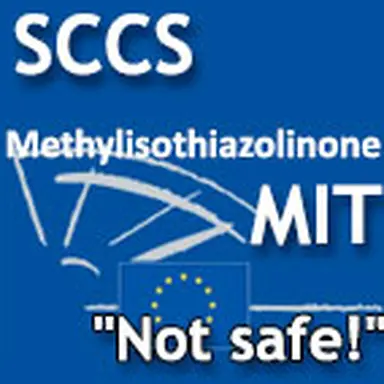
The noose was gradually tightening around this preservative, known for provoking more and more allergic reactions. The case had been submitted to the Scientific Committee on Consumer Safety (SCCS) for it to make a ruling. And the decision has just been made: Methylisothiazolinone has been deemed “not safe”. It should be banned from leave-on cosmetics by the European Commission following the institutional process.
The Opinion of the SCCS was adopted during a plenary session, last December 12, following a reminder of the context and regulatory history of the preservative.
Background
The Scientific Committee on Cosmetic Products and Non-Food Products (SCCNFP) adopted the first opinion in March 2003 on Methylisothiazolinone.
The SCCNFP adopted the second opinion on Methylisothiazolinone on April 2004 with the following conclusion:
"The SCCNFP is of the opinion that the proposed use of Methylisothiazolinone as a preservative at a maximum concentration of 0.01% (100 ppm) in the finished cosmetic product does not pose a risk to the health of the consumer."
Methylisothiazolinone (MIT) was listed in Annex V/57 of Regulation 1223/2009 to be used as a preservative at a maximum concentration of 0.01% (100 ppm) in cosmetics products. The mixture of Methylchloroisothiazolinone (MCIT) and Methylisothiazolinone (MIT) is also currently allowed as a preservative in all cosmetic products at a maximum concentration of 0.0015% (15 ppm) of a mixture in the ratio 3:1 of the two substances.
Several Member States raised concern on the use of Methylisothiazolinone (MIT), as data demonstrates that MIT is a sensitizer in animals and a contact allergen in humans. The Commission received information on the issue of …



